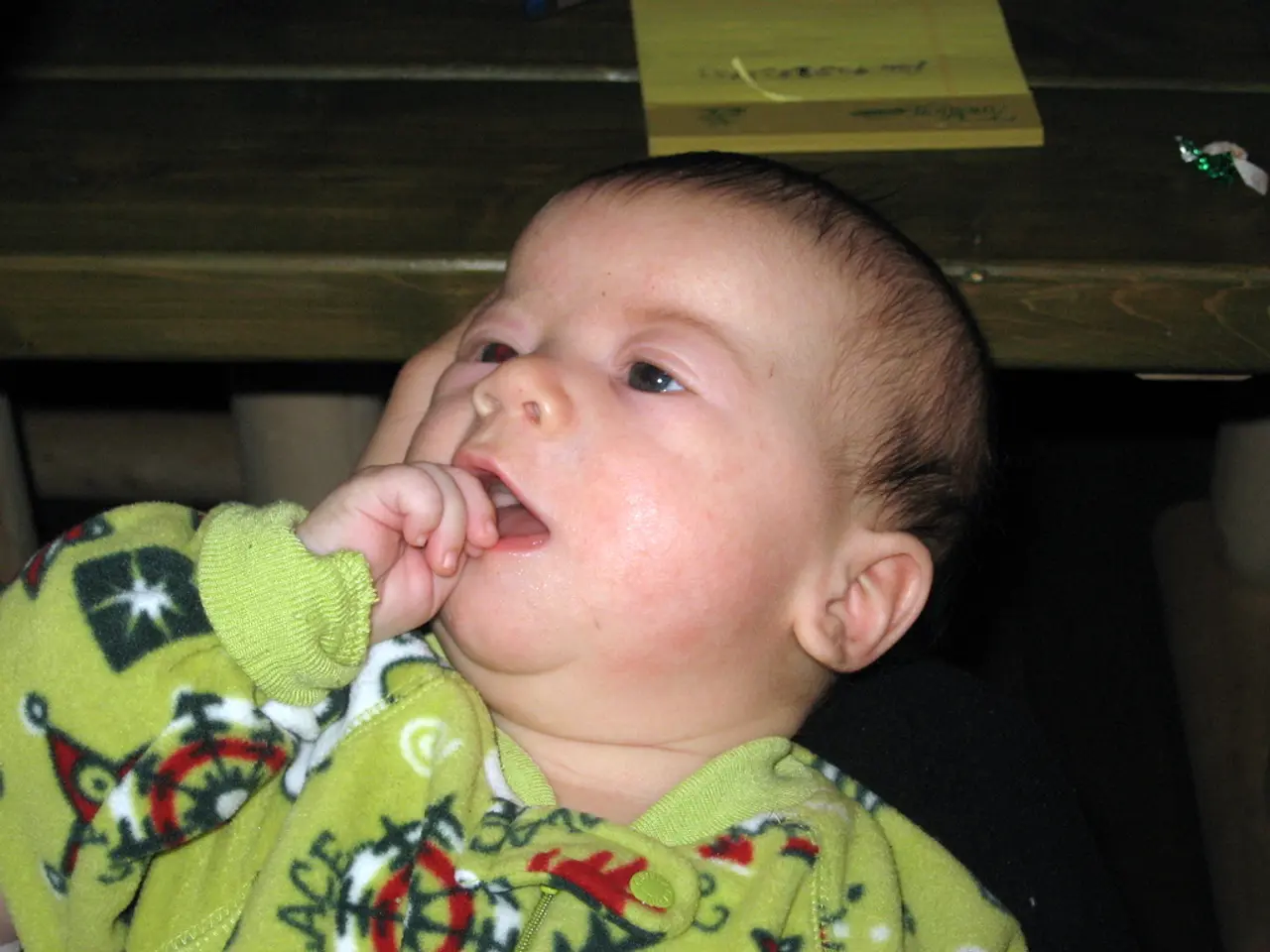Study: Daughters Face Unique Challenges in Coping with Mother's Loss
Losing a mother is a deeply distressing experience, regardless of age. Research reveals that daughters often face unique challenges in coping with this loss.
A 2015 study found that women experience a more intense grief response and struggle more to adjust after losing a parent, going through various stages of grief such as immediate symptoms like shock, denial, and intense sadness. Normal emotions in the following year may include regret, remorse, anxiety, guilt, emptiness, rage, anger, and numbness.
The loss of a mother can mean more than just clinical symptoms. It can also signify the loss of an important support system. A 2021 study found that this loss is linked to depression and a compromised sense of self in young adults. Women who lose their mothers are more likely to binge drink, experience a greater decline in self-esteem, and have a lower level of personal mastery. A study suggests that the death of a mother has more negative effects on daughters than on sons.
Grief itself is linked to increased health risks. It can lead to higher chances of cancer, cardiac issues, immune disorders, and high blood pressure. The loss may be sudden or the result of a long decline in health, further complicating the grieving process.
Losing a mother is a profound experience that can have lasting effects on daughters. It's crucial to acknowledge the unique challenges women face in navigating this grief and to provide appropriate support. Understanding these effects can help daughters better cope with their loss and mitigate potential health risks.




